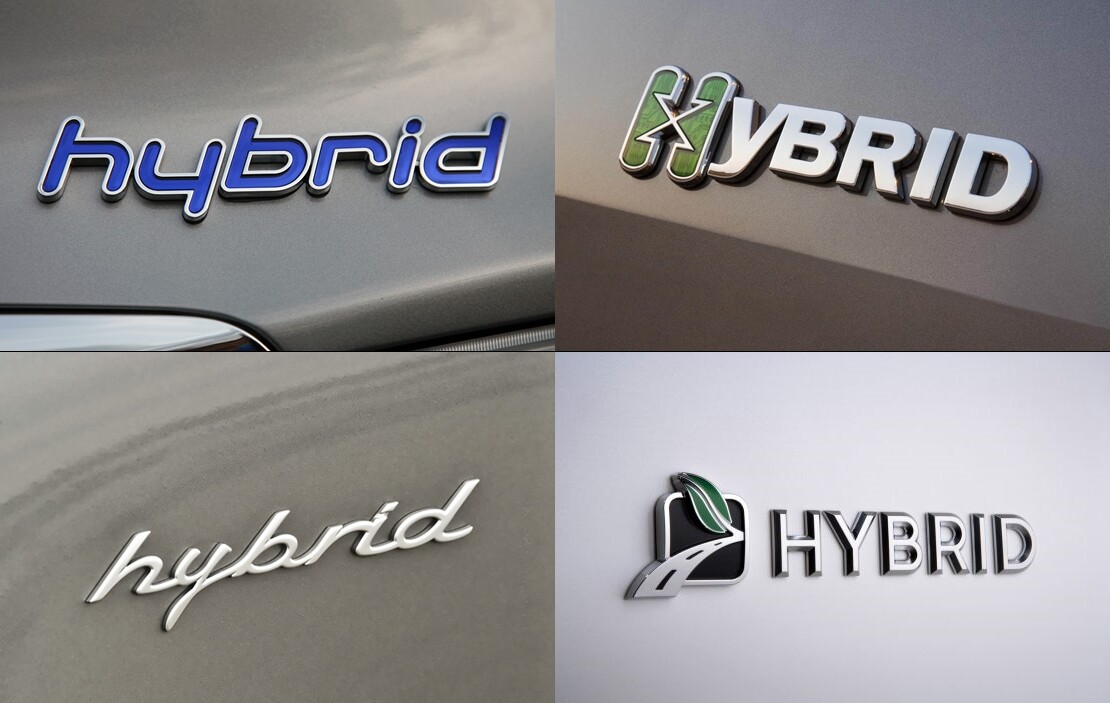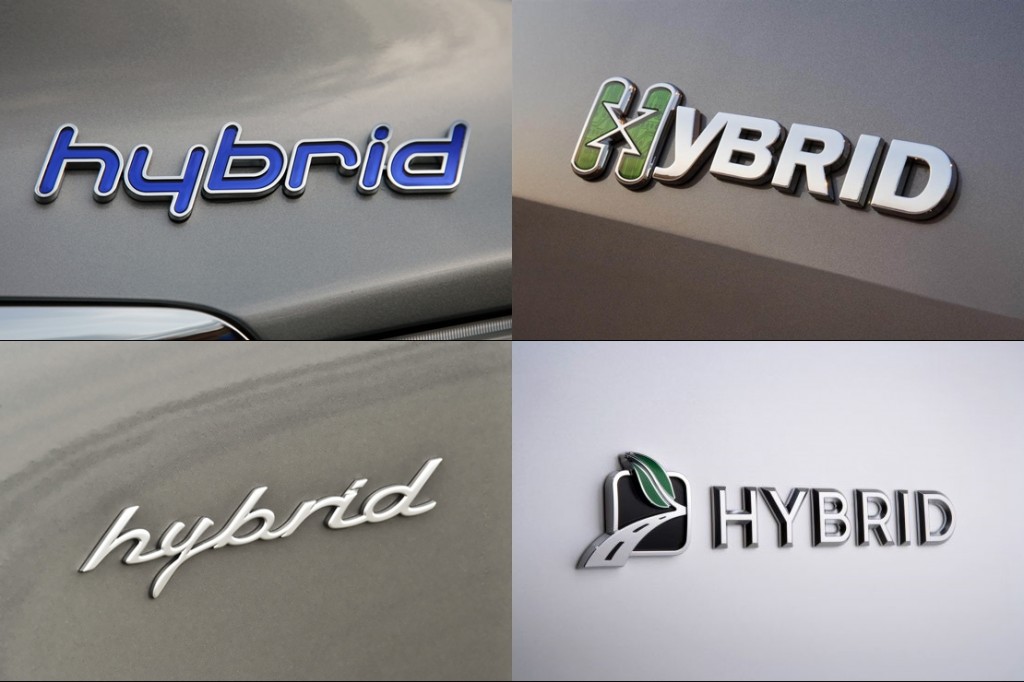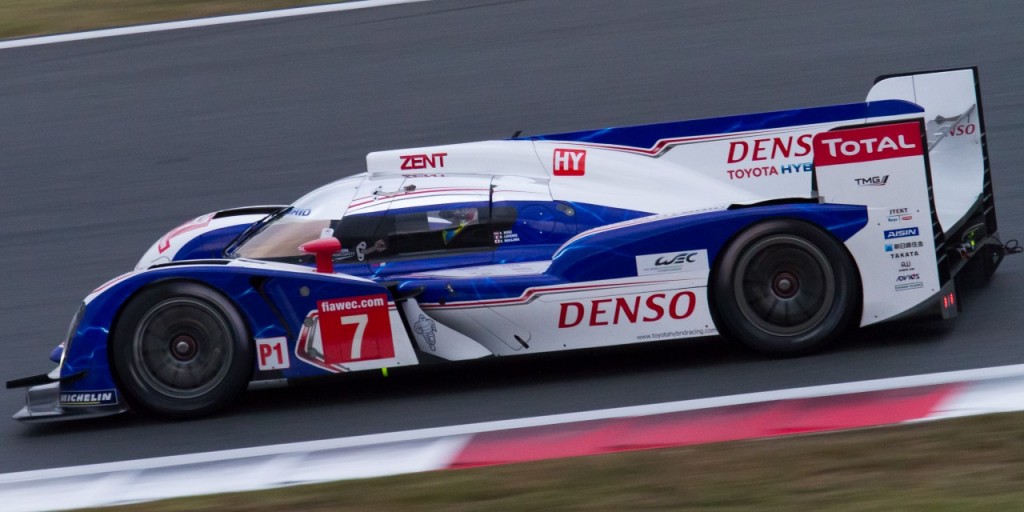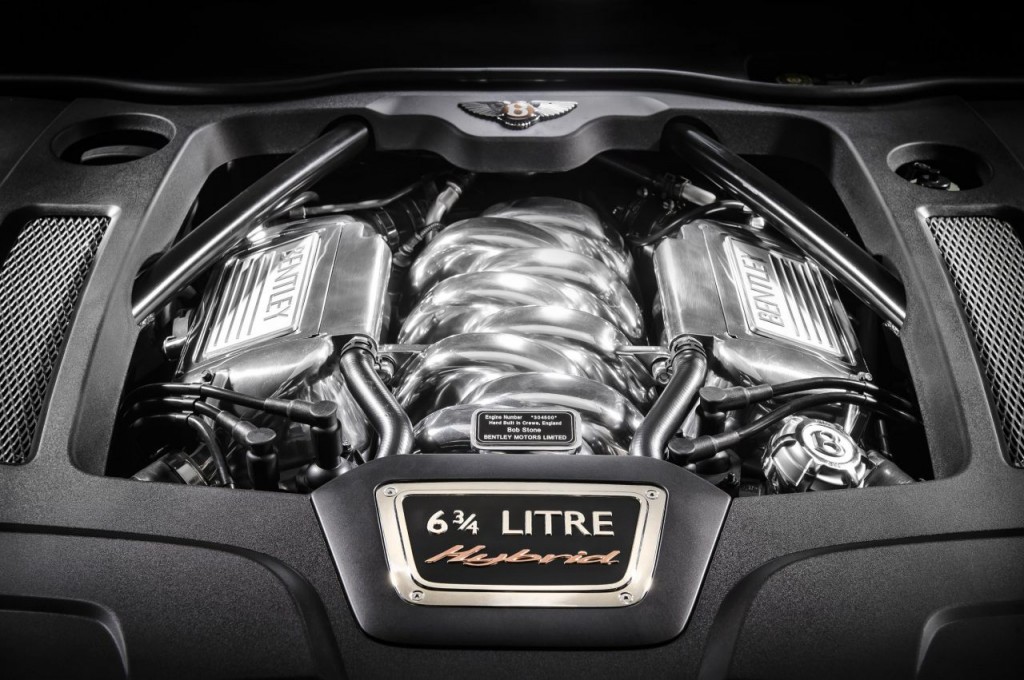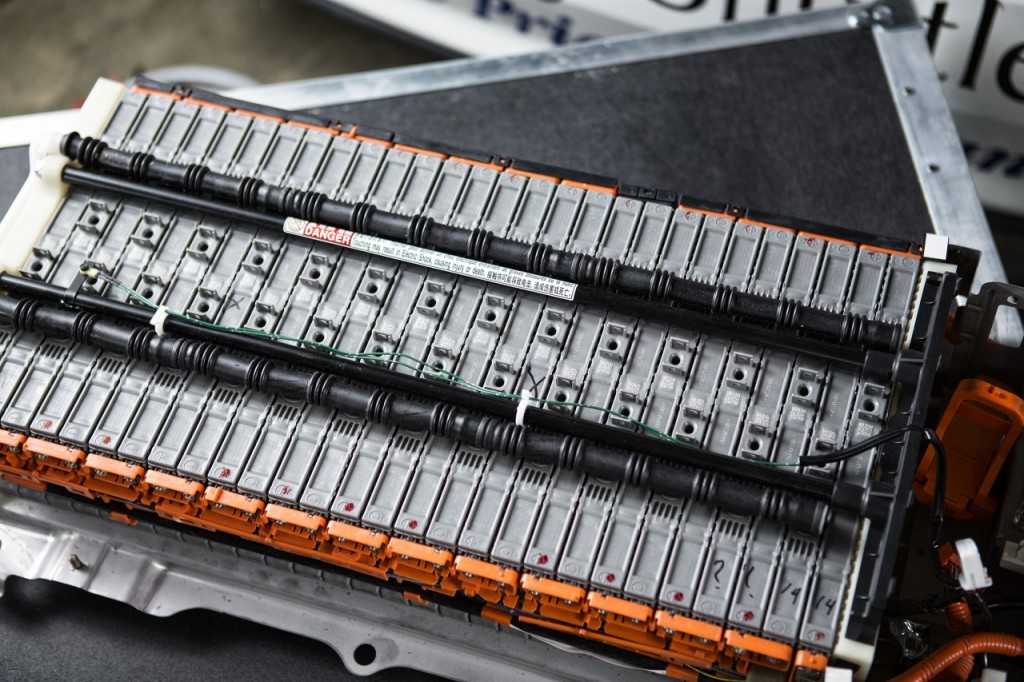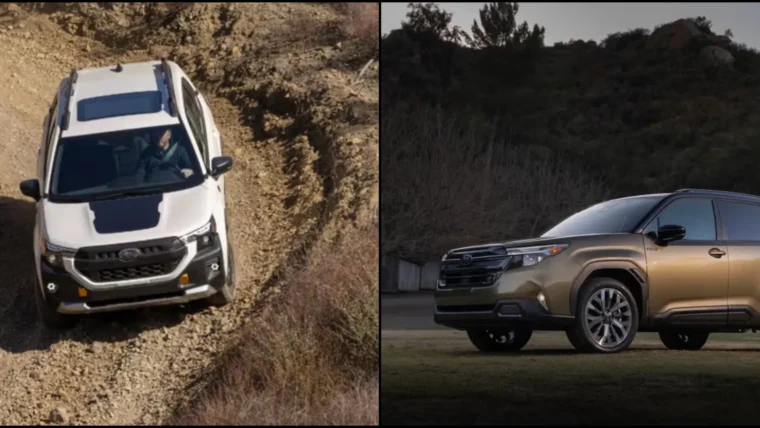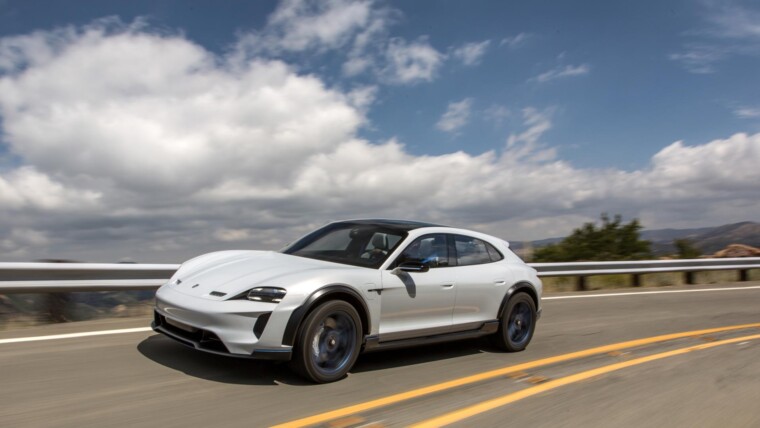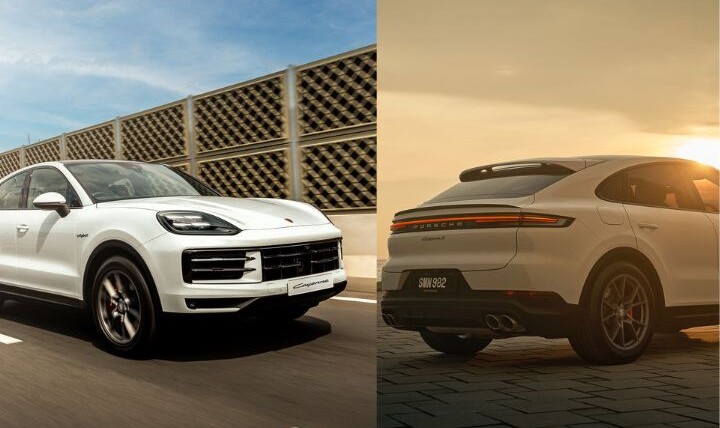In our previous article, we shed some light about buying a hybrid car and its importance towards ‘green’ mobility. This time around, we’ll answer a few commonly asked questions about hybrid cars.
1. Does a hybrid really pay for itself?
It depends on your needs, usage, budget and lifestyle. If dependence on fossil-fuel usage and helping the environment are the least of your concerns, and all you care about is saving money, could a hybrid still be a wise financial decision?
Well, the simple answer is yes, owning a hybrid can make financial sense if you keep and drive them for the long term. As petrol price increases every year, the payback would be quicker and it keeps paying back the longer you keep it. It is impossible to give an exact comparison because everyone has different driving styles, uses different roads, encounter differing traffic conditions, etc., however it is fair to assume a hybrid will deliver a 30-40% saving in terms of fuel running costs.
However, if you have a super tight budget and can’t really afford a hybrid, there are more affordable cars in the market like Perodua Axia or Mitsubishi Mirage that return similar, in fact better fuel consumption figures then a hybrid. And as I previously mentioned, besides reducing carbon emissions, hybrid cars offer better performance. In fact, some hybrids are a tad quicker than petrol-only cars.
Hybrids & the Environment…
If you’re not a budget conscious person – otherwise we all would be driving the cheapest thing available right now, and luxury cars, sports cars, and other expensive purchases would all be sitting unsold at showrooms – perhaps buying a hybrid is a matter of being kinder to the environment, by polluting it less and doing your part as a human by not wasting limited resources – fossil fuel.
We all know that fossil fuel is non-renewable resource because they take millions of years to form, and reserves are being depleted much faster than new ones are being made. As supply and demand quickly diminish, prices will rise and therefore it will lead to the demand for alternative mobility like hybrids, plug-in hybrids, electrics, etc. So a hybrid is a modern day solution to a soon-to-be extinct resource.
Toyota calculates that as of September 2014, its hybrid vehicles which is sold more than 7 million units worldwide, have resulted in approximately 49 million fewer tons of CO2 emissions—believed to be a cause of global warming—that would have been emitted by petrol-powered vehicles of similar size and driving performance. Toyota also estimates that its hybrid vehicles have saved approximately 18 million kiloliters of petrol compared to the amount used by petrol-only powered vehicles of similar sizes.
2. Is it Expensive to Replace Hybrid Batteries? How Long do Hybrid Batteries Last?
Frankly speaking, hybrid batteries are very expensive to replace and it can cost in the neighborhood of RM11,000 for a full hybrid battery replacement. However you should also know that replacing these battery packs is a rare occurrence as it is proven to be extremely reliable. And as long as they are not abused and the vehicle charging control system operates effectively, hybrid battery packs are designed to last for nearly the life of the vehicle. Many carmakers provide generous battery warranties, but as with most warranted components, they are designed to last well beyond the coverage period. Honda for example, provides a 5-year warranty for its IMA battery or upon reaching 140,000km (whichever comes first).
3. New technology sounds expensive to maintain, is it true?
No, maintaining a hybrid doesn’t cost any more than maintaining a conventional car, and may even cost less due to decreased wear and tear on the engine and braking system. You can take your hybrid to your nearest dealer for regular service maintenance similar to taking your petrol-powered cars for regular check-up.
4. Is there a danger of shock or fire from the hybrid battery pack?
The hybrid battery pack is sealed and all high voltage circuits are protected from casual contact. All high-voltage circuits are marked, color coded, and posted with warnings to advise of their presence therefore a hybrid vehicle should pose no additional risks over a conventional vehicle.
5. Can a conventional hybrid vehicle run on electricity when it runs out of fuel?
Unlike electric-powered cars, a conventional hybrid cannot run on electricity when it’s out of fuel. Though a hybrid vehicle can operate in electric-only mode when petrol is in the tank, up to a certain speed, it is not designed to run without petrol. Doing so could actually cause severe damage to the hybrid system, so drivers must be sure to keep fuel in the tank at all times!
6. How do I charge my hybrid battery? Do I need to plug a hybrid in?
No. As mentioned on our previous article, hybrids generate energy or electricity from the motion of the car, so when the car slows down or brake, the battery is recharged via kinetic energy losses.
https://www.youtube.com/watch?v=1953kxPylnw
7. Are hybrids safe?
The fact that hybrids run on electricity as well as fuel has no bearing on their safety. You can always check out a car’s safety rating but this is primarily based on crash tests. Safety is not a reason to avoid getting a hybrid, especially when evaluating the hybrid version of a vehicle compared to its conventional counterpart.
https://www.youtube.com/watch?v=fWGxdc6GqpI#t=173
Source: hybridcars.com, Toyota, Honda
Other posts by AF Newsdesk

